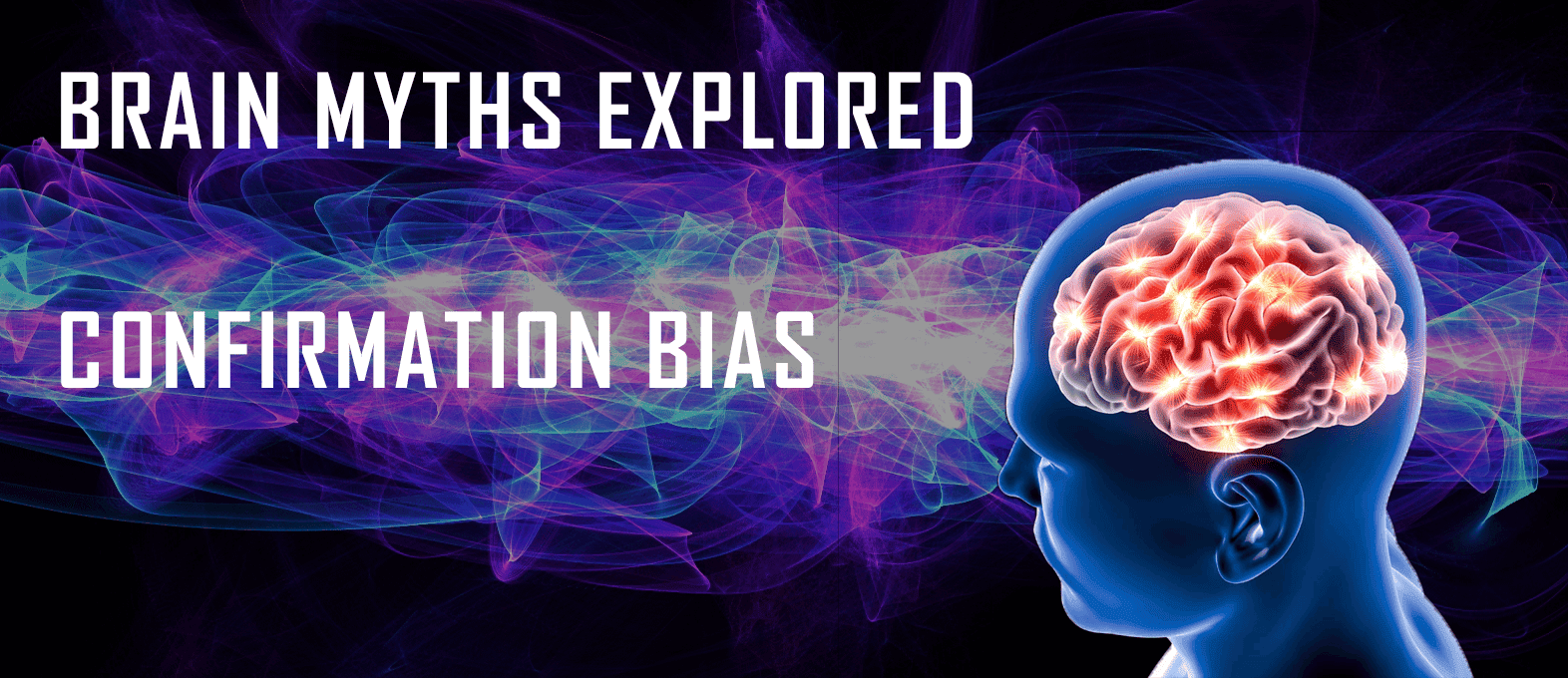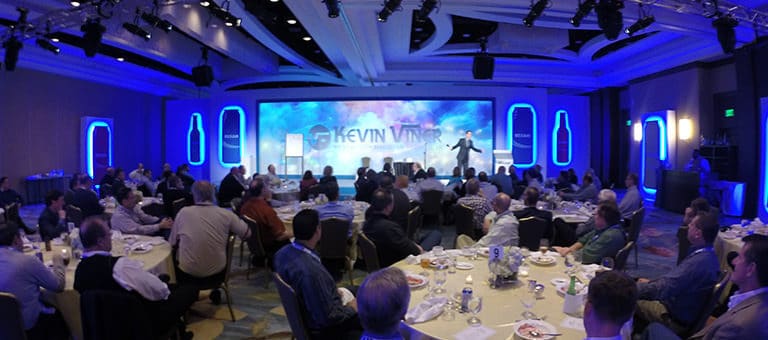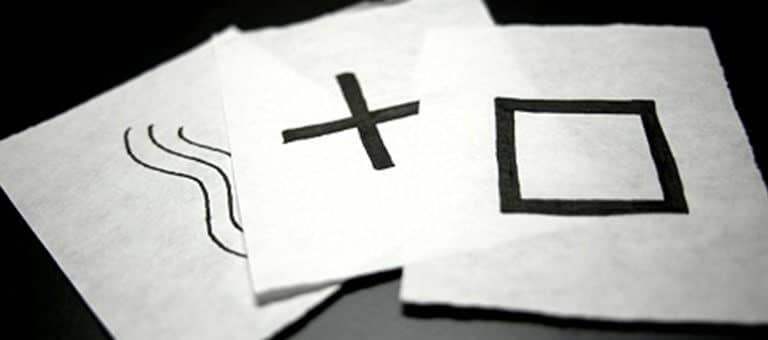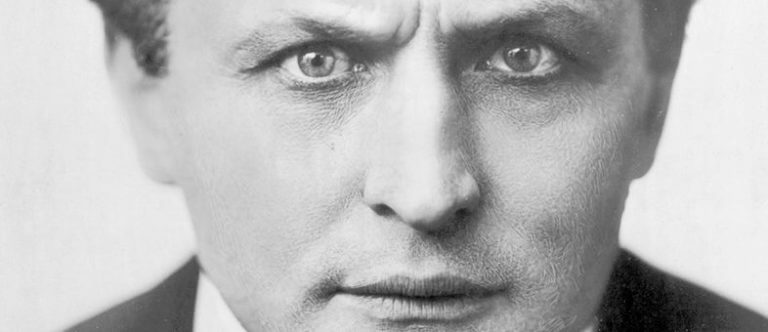Confirmation Bias: Do All Those People Really Agree With Me?
As a college student, my writing 39C professor taught us to always question the source of our information. In a world where Facebook and Google know more about us than we know about ourselves (each company has a small book’s worth of information on our habits, desires, interests, and friends), it’s easy to make incorrect assumptions about the information that we receive.
In psychology, there are a series of mental “illusions” called cognitive biases. One of the most well known is the confirmation bias, defined as “the tendency to search for, interpret, favor, and recall information in a way that confirms one’s preexisting beliefs or hypotheses.” In a sense, we treat information that feeds our personal agendas as more important than that which does not.
Social media networks only help feed this, with algorithms that place “liked” posts higher in our news feeds. This creates a distorted reality field, causing us to believe in an inflated majority of the world sharing our beliefs.
Around the world, there are fraudulent psychics (think Sylvia Brown, the Long Island Medium, etc.) who greatly rely on this fact to create their sensationalized performances. At their programs, guests arrive already believing that they are seeing the “real thing.” This leads attendees to place more importance on what the psychic gets right than what they miss. They downplay information that doesn’t fit their mental model, and as such give the psychic more credit than would be otherwise deserved.
As a mentalist, I’m able to use this fact when I build my shows. At the beginning of the show, the audience has their guards up and will scrutinize every action. As the show progresses, I can take more risks and rely on bolder, more creative methods since the audience has relaxed more. They assume that I will be able to correctly guess the information, allowing their guards to drop and in a sense becoming easier to manipulate.
Want to test this with your friends?
Grab a copy of the horoscope with some astrologically-minded friends, and ask them to read the horoscopes and choose that which describes them the best. They will likely find ways to explain why their horoscope is the best fit of the 12. Now wait until there is a new set of horoscopes on a different day. Clip them each out and discard the heading that says which horoscope text belongs to which sign. Without having the information readily available, you’ll find that it is virtually impossible to select the correct horoscope. This is because horoscopes are written in generalities (called Barnum statements) designed to apply universally. It is only our confirmation bias that causes us to read our personal horoscope as more applicable.
So next time you are thinking that the rest of the world thinks exactly like you, sit back and ask yourself what information you might be dismissing.
Kevin Viner
I’m a professional mentalist who travels the world performing. Beyond my profession, my interests include writing music, guitar, aviation, martial arts, and mathematics.






